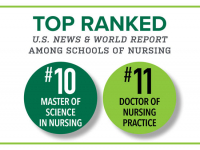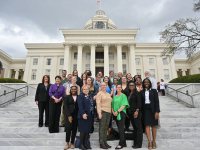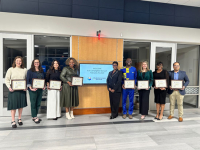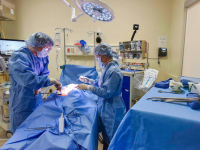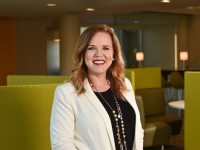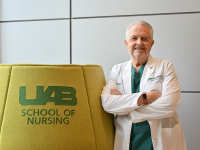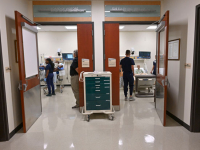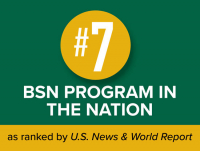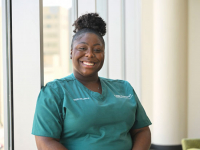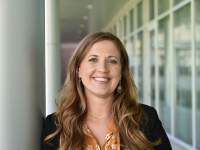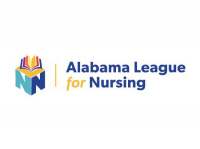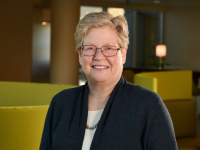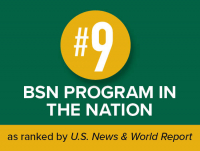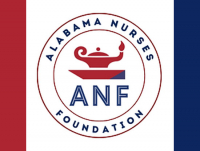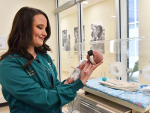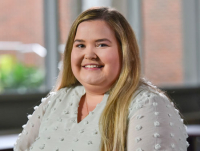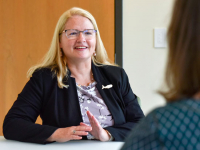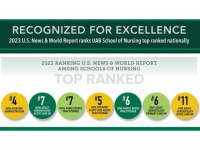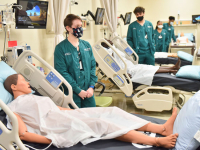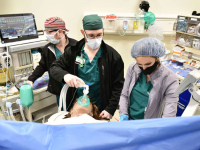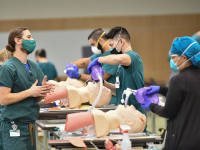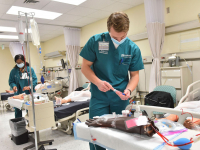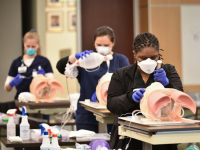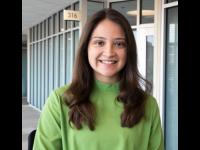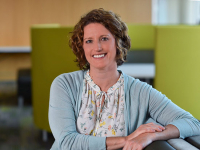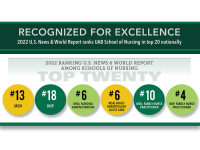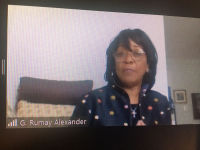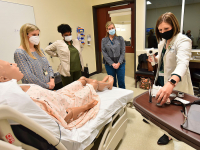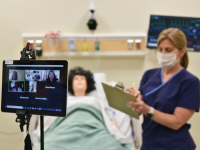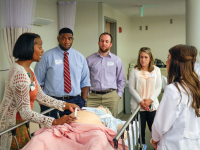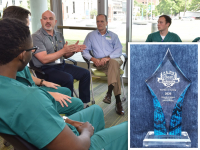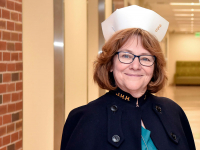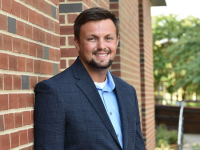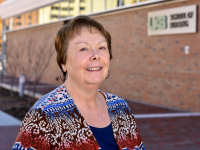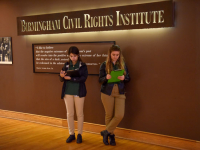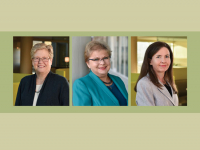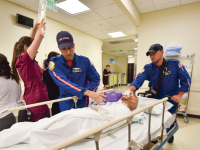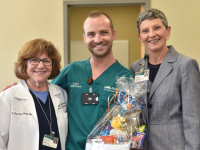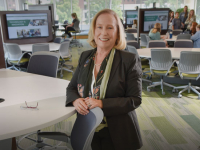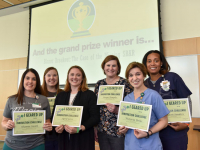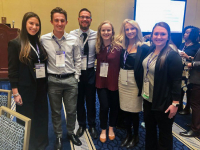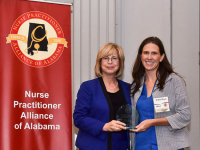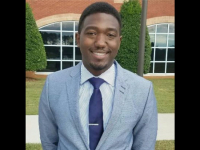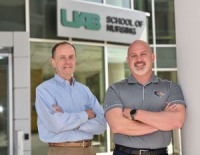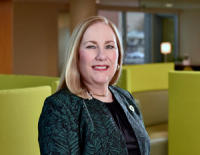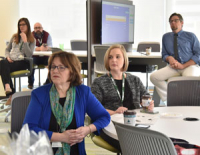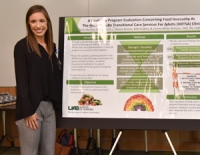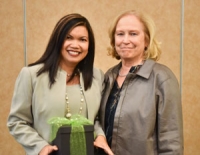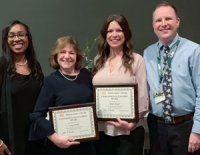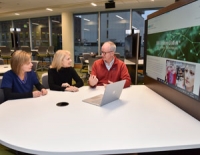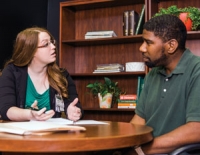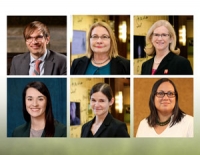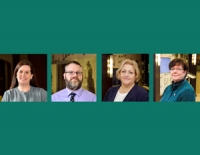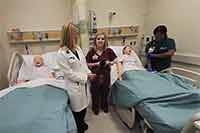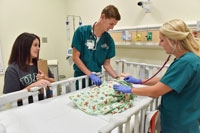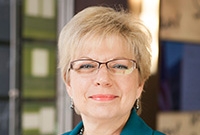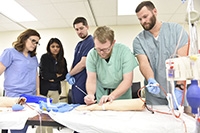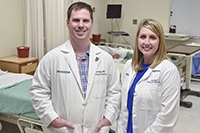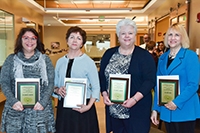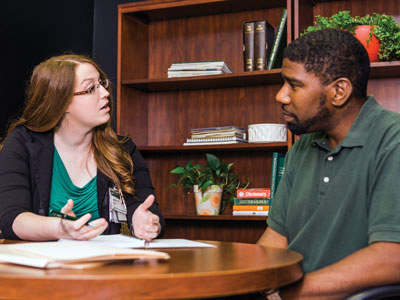
The UAB School of Nursing is known for its innovative approaches to ensure it provides highly educated, compassionate and competent nurses to lead the profession and health care in today’s rapidly changing environment.
Building upon its strengths as the No. 8 ranked MSN and DNP programs in the nation for 2019 by U.S. News & World Report, the UAB School of Nursing is leading the way in the education of psychiatric-mental health nurse practitioners and tailoring undergraduate, graduate and post-graduate education to treat psychiatric-mental health patients across the lifespan collaboratively with interprofessional health care team members in a variety of settings, including community mental health sites, specialty behavioral health centers and primary care clinics.
“There is a critical need for more psychiatric-mental health providers throughout the nation and our School is uniquely suited to provide those practitioners,” said Dean and Fay B. Ireland Endowed Chair in Nursing Doreen C. Harper, PhD, RN, FAAN. “Many of our faculty have contributed to the knowledge base through evidence-based practice in caring for psychiatric-mental health patients from childhood through elderly adult populations, including providing for the unique needs of Veterans and other special groups. They, along with our alumni, are recognized national leaders in psychiatric-mental health nursing education, practice and research discovery, translation and application, and are on the forefront of leading holistic care advances.”
The School’s distance-accessible graduate program for Psychiatric Mental Health Nurse Practitioners has seen significant growth over the last decade and continues to set itself apart through partnerships and training opportunities, as well as faculty from a variety of backgrounds, said Specialty Track Coordinator Simone Durand, MSN, MS, CRNP, PMHNP-BC.
“Faculty have training as counselors and as researchers, as well as experience specific to substance use and child and adolescent mental health, among others,” Durand said. “Our faculty have supplementary, beneficial experience and maintain practices, which means we are still in the field and bring our clinical experience into the classroom.”
Students not only learn from faculty with current clinical experience, but also in interprofessional clinics with populations who need them most.
“There’s a real need for advanced practice nurses who can work interdependently with other health professionals to provide primary mental health care to patients of all ages,” said Professor Susanne Fogger, DNP, CRNP, CARN-AP, PMHNP-BC, FAANP. “Through our program, we are able to educate Psychiatric Nurse Practitioners with experience in caring for specific, underserved populations, filling unmet need in our state and around the nation.”
Through partnerships with Veterans Affairs, Children’s of Alabama and UAB Health System, there are multiple specialty training opportunities available to PMHNP students.
“A big question for students looking into an NP program is, ‘How am I going to get my clinical hours?’ We’re able to ensure that our students get hands-on experience with patient populations they can’t get anywhere else through our clinical partners. When students realize how much assistance they get, and that we’re set up to help them be successful, it is a big factor in their decision to come to UAB,” Durand said.
“What also sets us apart is our specialty focus,” added Family, Community and Health Systems Department Chair Teena McGuinness, PhD, CRNP, PMHNP-BC, FAAN, who was the founding faculty member of the program in 2008. “We have experts in addictions, child and adolescent care, veterans and trauma-informed care. We have clinical scholars who are absolutely on the leading edge of their specialty areas, and we’re increasing opportunities through residencies.”
Residencies
Post-graduate training opportunities across the lifespan that provide support for new psychiatric-mental health nurse practitioners to help them transition into practice also set the School apart in post-graduate education.
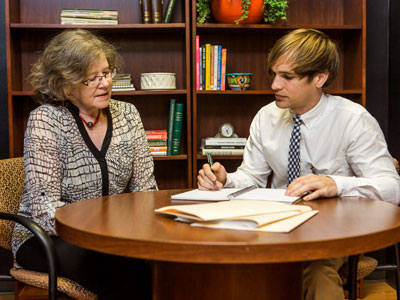
In 2014, the School partnered with the Birmingham VA Medical Center to execute the grant-funded VA Nursing Academic Partnerships in Graduate Education (VANAP-GE), the first of its kind. Students in the program receive hands-on experience as well as immersive education focused on the experience of combat Veterans and eras of service, thereby developing a pipeline of providers able to approach the unique health challenges faced by Veterans from each period.
“Just with the faculty practice of three faculty members over the last three to four years, we’ve been able to precept nearly 4,000 hours of students working with Veterans,” Durand said. “Every one of those hours is a service that wouldn’t have been provided, that wouldn’t have been possible if not for the most recent VA grant.”
From that Veteran-centered education grew a Psychiatric NP residency available to graduates from all accredited psych NP programs, not just UAB. The residency includes a salary and benefits, as well as the opportunity to experience every facet of Veteran-centric mental health care at the Birmingham VA Medical Center.
The School also established the new Child/Adolescent PMHNP Residency in mid-2018. It is a partnership between the School of Nursing and Children’s of Alabama and meets dual goals of improving the quality and quantity of clinical experience for both new graduates and NP students, as well as increasing access to care at Children’s.
“There is a huge shortage in child/adolescent mental health care, with some patients waiting up to eight months to get an appointment,” McGuinness said. “There are only two child/adolescent mental health-centered residencies in the country at this time, and we are certainly on the frontlines of where care is needed most.”
Clinical Partnerships
Through its nurse-managed clinics and initiatives, the School is expanding access to mental health care as well.
Continued support through Advanced Nursing Education (ANE) and Nurse Education, Practice, Quality and Retention (NEPQR) grants has expanded integrated mental health care in the School’s Providing Access to Healthcare (PATH) and Heart Failure clinics. These clinics provide community-based care and chronic disease management for uninsured diabetes and heart failure patients in the Birmingham community. The ANE and NEPQR grants also aim to increase the number of new nurse practitioners who will practice in the state’s rural and underserved areas.
Fogger also provides consultations to four rural clinics, giving up-to-date information on mental health and addiction treatment, and along with McGuinness holds monthly lectures on treatment of psychiatric disorders via measurement-based care. These actions are supported by a two-year Advanced Nursing Education Workforce (ANEW) grant and expand access to care in underserved areas, while providing education to other primary care specialties.
“Family Nurse Practitioner students are going to be dealing with acute mental health issues in their practice, and the better they’re able to help make decisions about treatment and referral, the better care the patient will receive,” Fogger said.
In October 2018, Assistant Professor Karmie Johnson, DNP, CRNP, PMHNP-BC, began accompanying nurse home visitors in the Nurse-Family Partnership of Central Alabama, a program that is administered by UAB School of Nursing. Through these visits, Johnson provides new, first-time mothers with mental health care.
Some women have previously interacted with mental health, Johnson said, but that care may have been mandatory or the goal of those interactions was different than their current situation, so understanding barriers and reluctance and listening to concerns is an important part of establishing trust with the patients.
Johnson also helps with goal setting, monitoring emotional needs and other processes in the realm of emotional wellness. It’s a way to improve the health of a community, Johnson said, because women’s health is everyone’s health.
“Helping our clients with depression and anxiety is a good next step toward meeting their goals. Mental health is a big barrier for some of our clients, and this can help them find and keep a job, take care of themselves and hopefully advocate for themselves as well,” said Candace Knight, PhD, RN, assistant professor and Nurse-Family Partnership program director. “Karmie can help make that mountain in front of them just a little bit smaller and help them get where they want to be and be the best mom they can be.”
With 66 out of 67 counties in Alabama classified as mental health shortage areas, and surrounding states facing similar limitations on mental health support, the School is on the front line and always looking for new ways to combat long waits, lack of awareness of services and the social stigma of seeking mental health care.
“We are not only a leader in psychiatric nursing education, but leading the way in partnerships and residencies as well,” McGuinness said. “The School approaches the critical shortage of access to mental health care from multiple levels by recruiting and retaining PMHNPs who will enter the workforce and by providing supplementary education to other specialties to help reduce barriers to care.”

